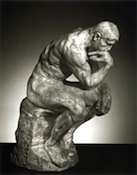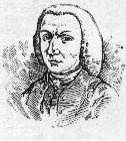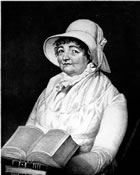
A historic transition is occurring, barely noticed. Slowly, quietly, imperceptibly, religion is shriveling in America, as it has done in Europe, Canada, Australia, Japan and other advanced societies. Supernatural faith increasingly belongs to the Third World. The First World is entering the long-predicted Secular Age, when science and knowledge dominate. The change promises to be another shift of civilization, like past departures of the era of kings, the time of slavery, the Agricultural Age, the epoch of colonialism, and the like. Such cultural transformations are partly invisible to contemporary people, but become obvious in retrospect. Read on…





